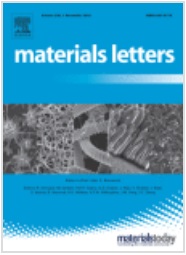This work presents the effect of switching of resistivity of activated carbon fibers, obtained with a combination of adsorption of specific molecules and application of external electric field. Observed resistivity jumps were due to the ordering of dipolar guest molecules which acted as a gating factor for transport of charge carriers within the granular structure of the fiber. Presented research shows that the control of electrical transport in porous carbon systems is possible by means of structure, host-guest interactions and temperature, combined with external stimulation. As such it is important for fundamental understanding of electronic properties of graphene-based systems, and for their adsorption-related applications, for example energy generation and storage. Resistivity switching might prove useful for tuning of carrier transport in nanoelectronic units (single-electron transistors, spin valves) or for enhancing the performance of molecular sensors.
